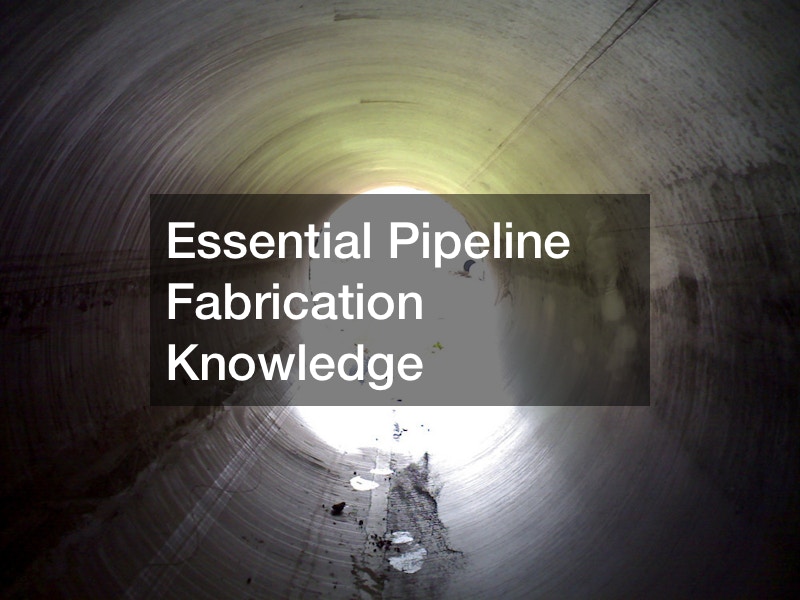Pipeline fabrication is a critical process that involves the construction and assembly of pipelines used for the transportation of fluids or gases. Whether it’s for oil and gas, water distribution, or industrial purposes, having essential knowledge about fabrication is vital.
Knowledge of different pipeline materials is crucial for fabrication. Understanding the properties, strengths, and limitations of each material is essential for selecting the right material for specific applications.
Knowledge of pipe fittings and connections is vital for proper assembly and installation. This includes understanding various types of fittings, such as elbows, tees, reducers, and flanges, and how they are used to create a functional pipeline system. Familiarity with different connection methods, such as threaded, welded, or flanged connections, is also important.
Ensuring the quality and integrity of fabricated pipelines is of utmost importance. Knowledge of quality assurance processes, including inspection techniques, non-destructive testing methods, and adherence to industry standards and codes, is essential. Proper inspection and testing help identify any defects or weaknesses in the pipeline system before it is put into service.
Pipeline fabrication involves working with hazardous materials and potentially high-pressure systems. Understand safety protocols, including proper handling, storage, and disposal of materials, as well as compliance with industry safety regulations. Adhering to safety practices helps prevent accidents, protects workers, and ensures the integrity of the pipeline system.
Effective project management and planning are essential for successful fabrication. This includes understanding project specifications, coordinating with stakeholders, managing timelines, and ensuring efficient resource allocation.
.



